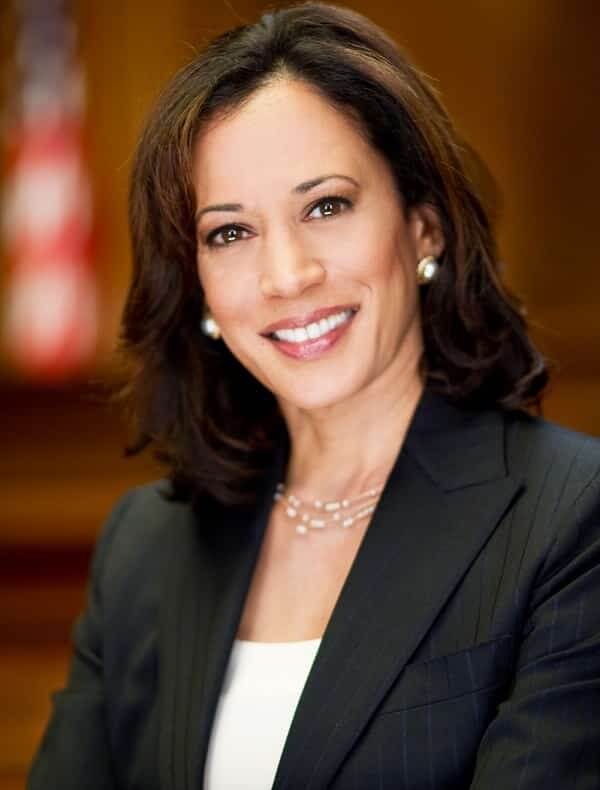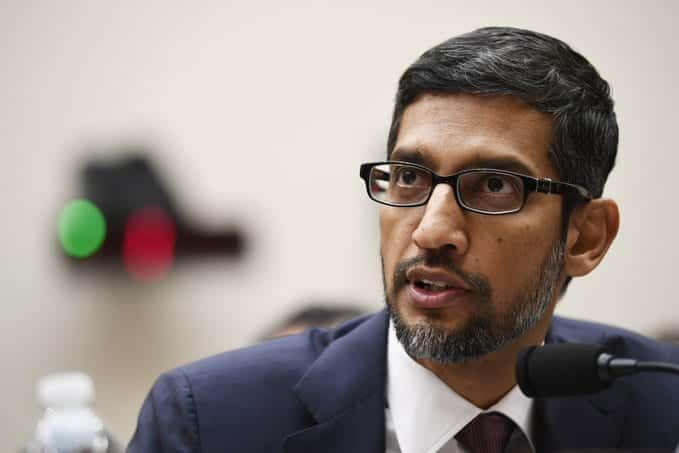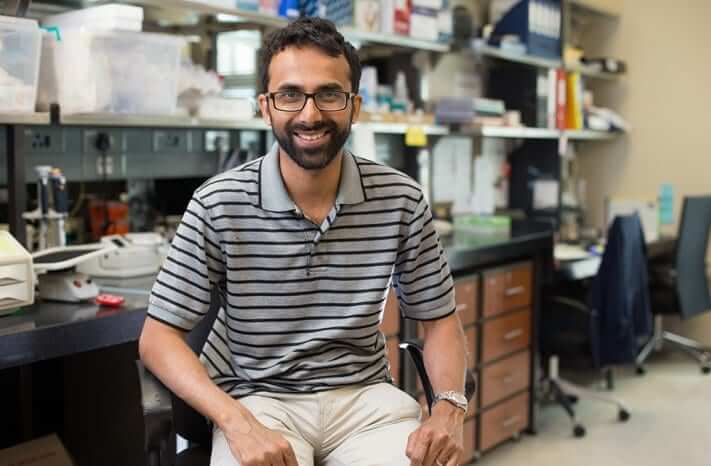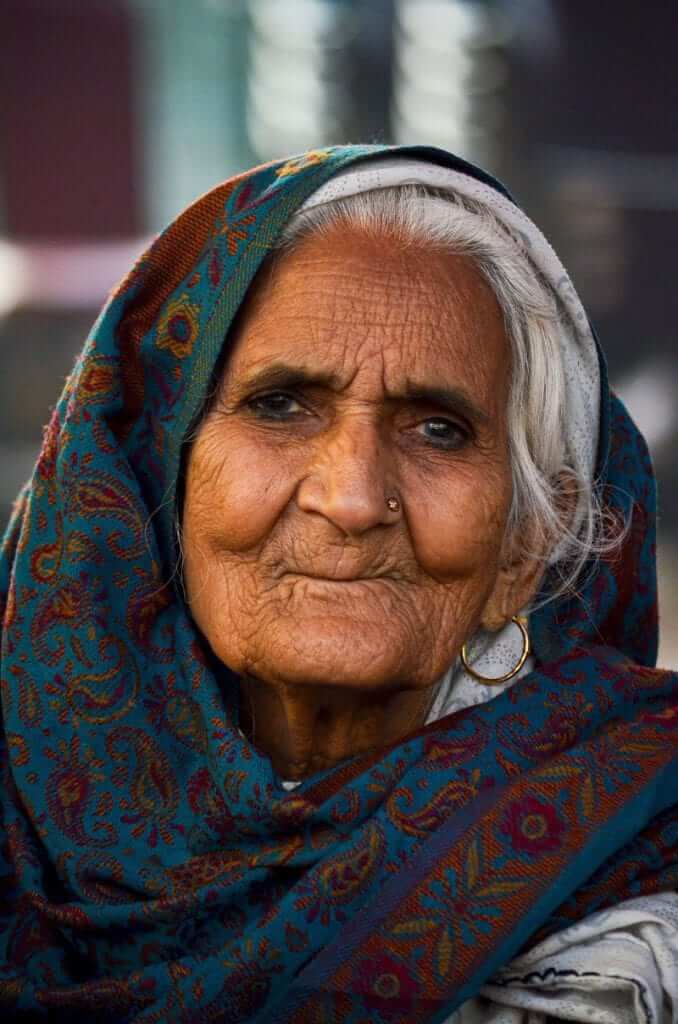
Time Magazine has been compiling the list of 100 most influential people in the world for over two decades. It is put together by Time’s editors and writing staff, with nominations from Time 100 alumni.
This year, there are six major Indian links to note.
The top 100 list this year has seen a massive shift due to the pandemic and features a record number of doctor, nurses, and scientists. Even more noteworthy is the fact that 54 of the selected individuals are women.

- Narendra Modi
The Indian Prime Minister now has the distinction of being featured in Time 100’s list on four occasions, having previously appeared in 2014, 2015, and 2017. He was also a finalist in 2012, 2016, 2018, and 2019.
He has been a controversial figure on the global stage. The PM is seen as “good friends” with world leaders like President Trump, but has also been criticised for some of India’s recent policies. This year, Time editor Karl Vick voiced concerns that “the world’s most vibrant democracy fell deeper into shadow.”

2. Ayushmann Khurrana
A somewhat surprising entry, Ayushmann has been named for his memorable film roles that fight stereotypical masculinity. Some of his left-of-centre movies include Vicky Donor about sperm donation and infertility, Shubh Mangal Zyaada Saavdhan about homosexual relationships, and Article 15 about discrimination.
In the short write-up by his Bollywood colleague Deepika Padukone, Ayushmann is celebrated this year for his talent, hard work, perseverence, and fearlessness.

3. Kamala Harris
As the first Black woman and Indian American to be nominated for Vice President by a major political party, Senator Kamala Harris has made waves in the last few months. In her acceptance speech at the Democratic National Convention, she made references to her Indian heritage and her wise “chittis”, and even picked Indian-American Sabrina Singh as her Press Secretary.
Democratic Congresswoman Ayanna Pressly writes of how, “years from now, a generation of young people will look at Kamala and say, ‘We are, because of her.'”
READ ALSO: The Rise and Rise of Indian origin politicians

4. Sundar Pichai
Like PM Modi, this isn’t Pichai’s first time being featured in the list. His story as an Indian-American who worked his way up the corporate ladder to become the CEO of a trillion dollar company has become synonymous with possibilities that America promises. He’s also been a driving force behind some of Alphabet’s most popular commodities, including Gmail and Maps.
CEO of JPMorgan Chase Jamie Dimon writes of how Pichai’s “analytical, humble and inclusive leadership” will help the company face challenges of the tech industry such as privacy, regulation, and innovation.

5. Ravindra Gupta
In the year marked by the coronavirus pandemic and conversations around health, it seems fitting for Professor Gupta to be in this year’s list. Last year, it was reported that he led a team demonstrating HIV remission in an HIV positive man, making Adam Castillejo only the second person to be cured of the disease.
In his write-up, Castillejo calls Gupta “thought and compassionate“, with a work ethic that “clearly earned him respect and admiration from his colleagues in the HIV research community.”

6. Bilkis
An 82-year-old woman who became the face of the Shaheen Bagh protest, Bilkis has been nominated as “the symbol of resistance” who “gave hope and strength to activists and student leaders.”
Rana Ayyub, a prolific Indian journalist and author, thinks back to her interactions with Bilkis, recalling a significant quote – “I will sit here till blood stops flowing in my veins so the children of this country and the world breathe the air of justice and equality.”
READ ALSO: 40 Under 40 Most Influential Asian-Australians 2019: Indian links



